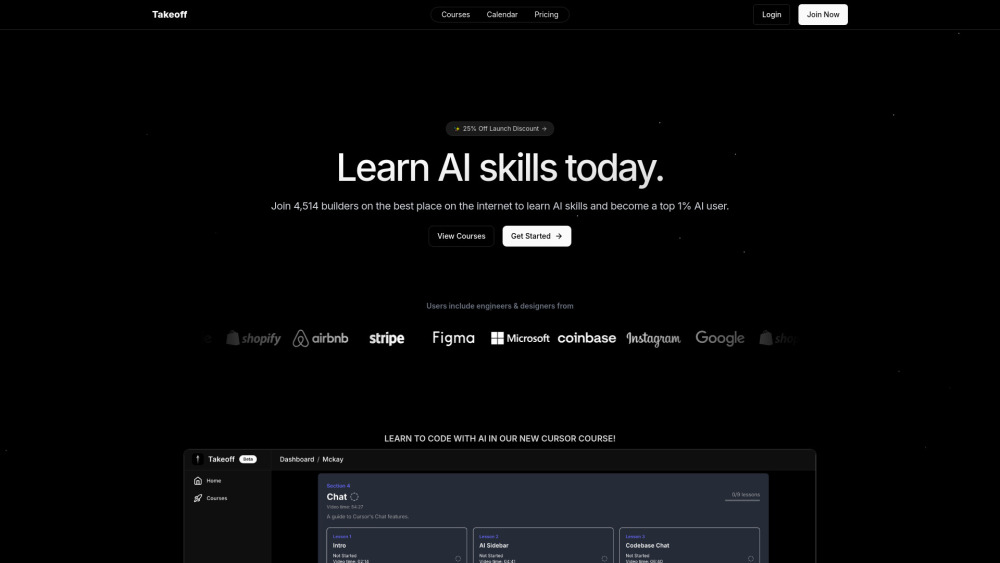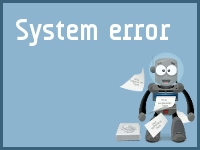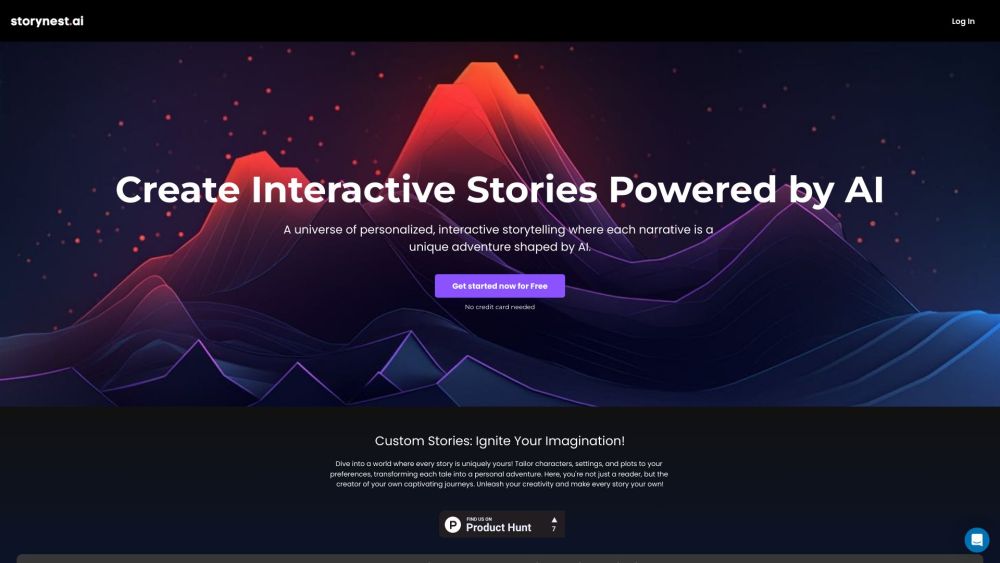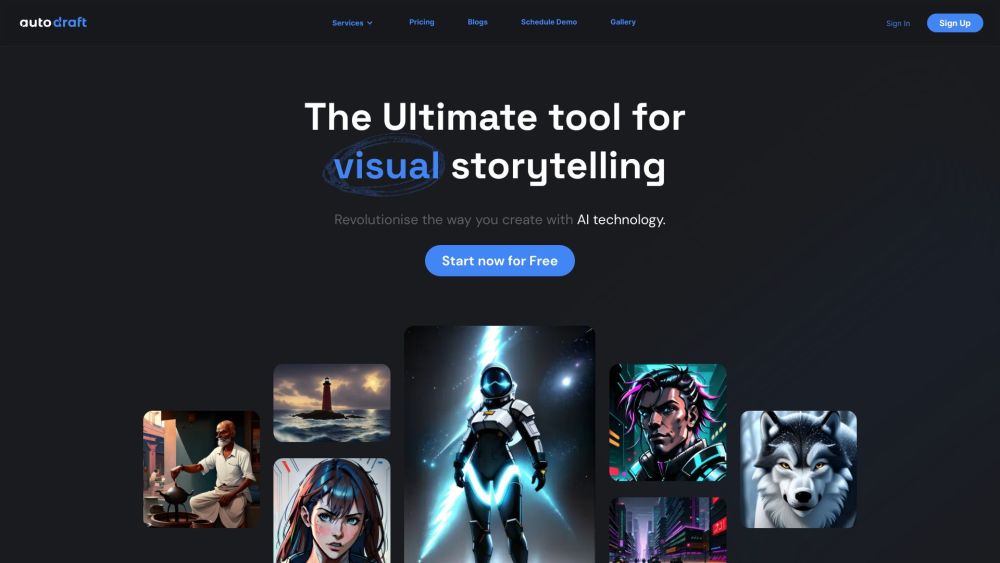A day after facing copyright infringement lawsuits from major record labels, AI music startup Udio has issued a response.
The lawsuits, filed by Universal Music Group, Sony Music Entertainment, and Warner Music Group, allege that Udio and competitor Suno are engaged in “almost unimaginable” copyright violations.
Udio has shared a detailed statement on X, articulating their perspective on AI and the future of music:
"Today, we want to discuss AI's role in music creation. In just two years, AI has emerged as a transformative tool for artistic expression across various media, including music.
At Udio, our mission is to empower artists to produce extraordinary music. In our journey so far, we've collaborated with some of the world's top musicians, worked with emerging songwriters, and witnessed millions of users creating music that ranges from humorous to deeply resonant.
We’ve heard from a talented musician who, after losing the use of his hands, is now creating music again. Producers have used AI-generated tracks to create hits like ‘BBL Drizzy’, while music enthusiasts express the full spectrum of human emotions through our technology.
Innovative technologies often bring change and uncertainty. Here’s how our technology operates:
Generative AI models, including ours, learn from extensive datasets. Similar to how students study music, our model has ‘listened’ to a vast assortment of recorded music. The aim is to comprehend musical ideas—the foundational elements of expression that aren't owned by anyone. Our system is specifically designed to generate original music reflective of new concepts, not to replicate existing works. We employ advanced filters to ensure our model does not recreate copyrighted songs or specific artists’ voices.
We firmly believe in the potential of generative AI as a staple of modern society. Historically, new technologies in music have encountered skepticism but ultimately benefited artists, record labels, music publishers, and the audience. Innovations like synthesizers, drum machines, and digital recording have transformed music creation, spawning new genres and generating billions in revenue for artists and industry stakeholders alike.
Many musicians, especially the next generation, are eager to integrate AI into their creative processes. In the near future, we envision artists collaborating with fans, amateur musicians inventing new genres, and gifted creators overcoming barriers to access and succeeding in the music industry.
AI's influence promises an unprecedented era of creative expression. Let’s embrace this pivotal moment in technology to broaden the creator community, empower artists, and celebrate human creativity."
The major record labels have accused Udio and Suno of training their models on copyrighted songs en masse and producing music outputs that closely resemble original compositions. They argue that the AI models generate outputs that mimic distinctive traits of original artists, such as Jason Derulo’s signature style of singing his name at the start of songs.
Suno's CEO Mikey Shulman defended their technology to Wired, asserting that it generates entirely new content without replicating existing music.
The rapid advancement of AI music generation is leading to ongoing disputes over training data and output, with no resolution in sight.




